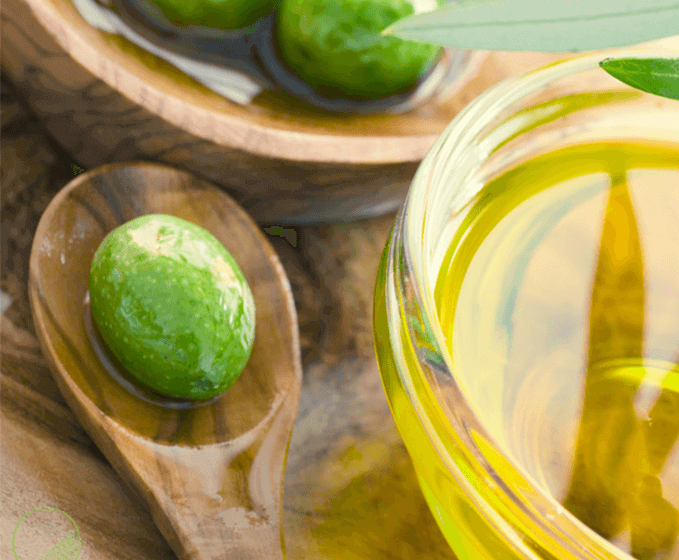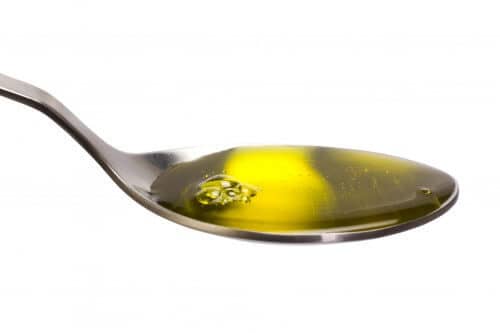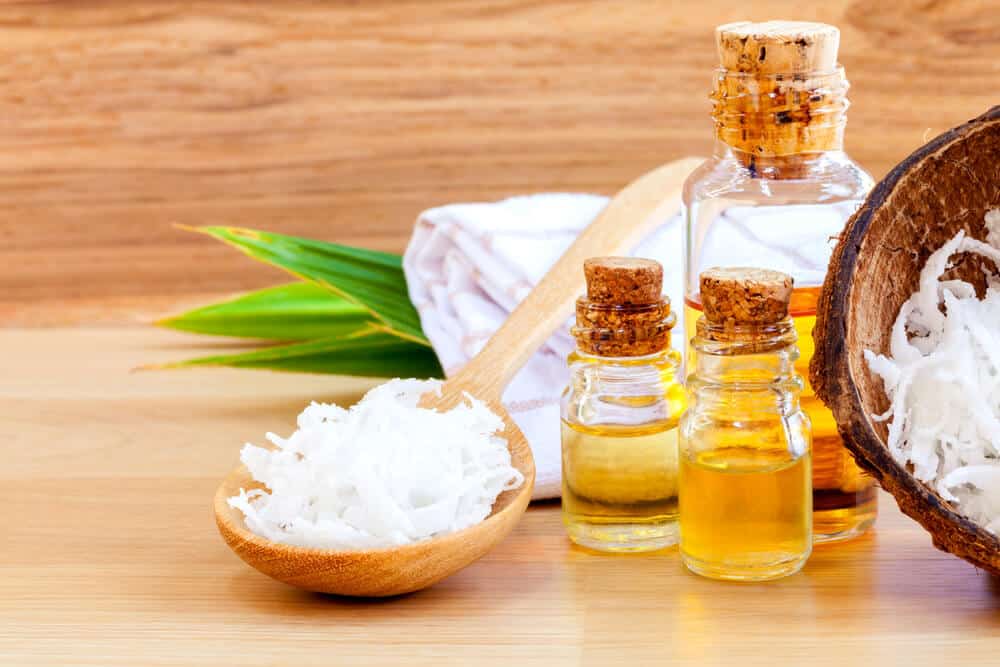
Oil pulling is an ancient Ayurvedic practice. There are two “ways” of doing it but both involve a mouthful of oil and spitting. "Kavala Graha" involves oil being swished in the mouth and then spit out, while "Snehan" or "Snigda Gandoosha" involves oil being held in the mouth and then spit out.
The modern practice of oil pulling was reportedly introduced to modern day health enthusiasts by Dr. F. Karach who claimed that the practice could cure a variety of illnesses, some related directly to the mouth and some that are systemic, affecting the whole body.

Proponents claim that oil pulling can improve health issues such as oral decay, colds and respiratory infections, hormonal imbalances, inflammatory diseases, diabetes and can even help with hangovers.
Local action by oil pulling reportedly includes improvement in oral health, reduction in the number of bacteria in the mouth, possible treatment of colds and other illnesses involving the mouth and nasal area. There is actually logic to this – and some studies to back it up.
Swishing oil or holding oil in the mouth may prevent film (plaque) from forming on the surface of the teeth. If the bacteria present in the mouth, fed by food that is left behind, cannot stick to the surface of the teeth and gums – they can’t grow. Additionally, as bacteria membranes are made of flexible phospholipid units – they may adsorb or stick to the oil and be flushed from the mouth when the oil is spit out. Essentially, it gets rid of bacteria in your mouth through agitation, not terribly dissimilar from the electric toothbrush you're more accustomed to.
Clinical studies have shown that oil pulling does result in a reduction of oral bacteria, reduces gingivitis and could ultimately reduce the number of cavities in a person who practices oil pulling. This is reasonably explainable by the simple provision of stopping mouth dryness. Dry mouth contributes dramatically to the presence of bacteria – causing bad breath, placque build up, gingivitus and dental cavities.
Systemic illnesses are also reportedly helped by oil pulling practices. Supporters claim that illnesses such as headaches and other painful conditions, asthma, diabetes, acne and eczema, inflammatory diseases like arthritis, gastric conditions, allergy reduction and reduction of respiratory infections such as bronchitis and sinusitis. Oil pulling is also reported to correct hormone imbalances, reduce insomnia, support kidney function, detoxify the body and reduce the after-effects of too much alcohol – in other words, treat hangovers.
This seems like more of a stretch and as far as systemic use goes, there is little research that has been done on the subject but there is a wealth of knowledge regarding the health of the mouth and the relationship to the health of the body. Even well-known medical institutions such as the Mayo Clinic report that improving oral health can improve overall health.
If the mouth is overrun by bacteria, inflammation is created in the mouth. Inflammation is the first sign of a heightened immune response which could theoretically stimulate the immune system to create activity in inflammatory diseases such as arthritis, gastritis, some headaches, some other pain conditions, skin conditions and some respiratory conditions such as allergies, asthma, bronchitis and sinusitis.

Inflammation can also weaken the body’s ability to adequately control blood sugar – particularly important in diabetes. Poor oral health is also related to heart disease, which may be related to other habits but may also be related to the inflammation caused by gingivitis and periodontal disease. Excess inflammatory chemicals can wreak havoc in the rest of the body – including the heart.
Most research has focused on the use of sesame oil as the agent for oil-pulling practice but others suggest that coconut oil, sunflower oil and olive oil may also provide benefit. Coconut oil in particular is thought to be anti-bacterial and anti-inflammatory in nature. Any of the oils may work by pulling lipid based toxins out of the saliva in a process known as “saponification” which is similar to how soap works to remove oil. The oil is “saponified” with the saliva and removes oil based toxins through the mouth. Once the oil has been swished and saponified, it is spit out before the toxins can be reabsorbed.
Do THIS Every Morning with Coconut Oil
Some practitioners recommend changing the type of oil used for the practice every few days and may also recommend “gargling” as part of the practice. Care should be taken not to accidentally inhale any of the oil while it is in the mouth as it could cause lipid pneumonia.
Oil-pulling may be a long way from the medical mainstream but there is a reasonable rationale as to why it works.
